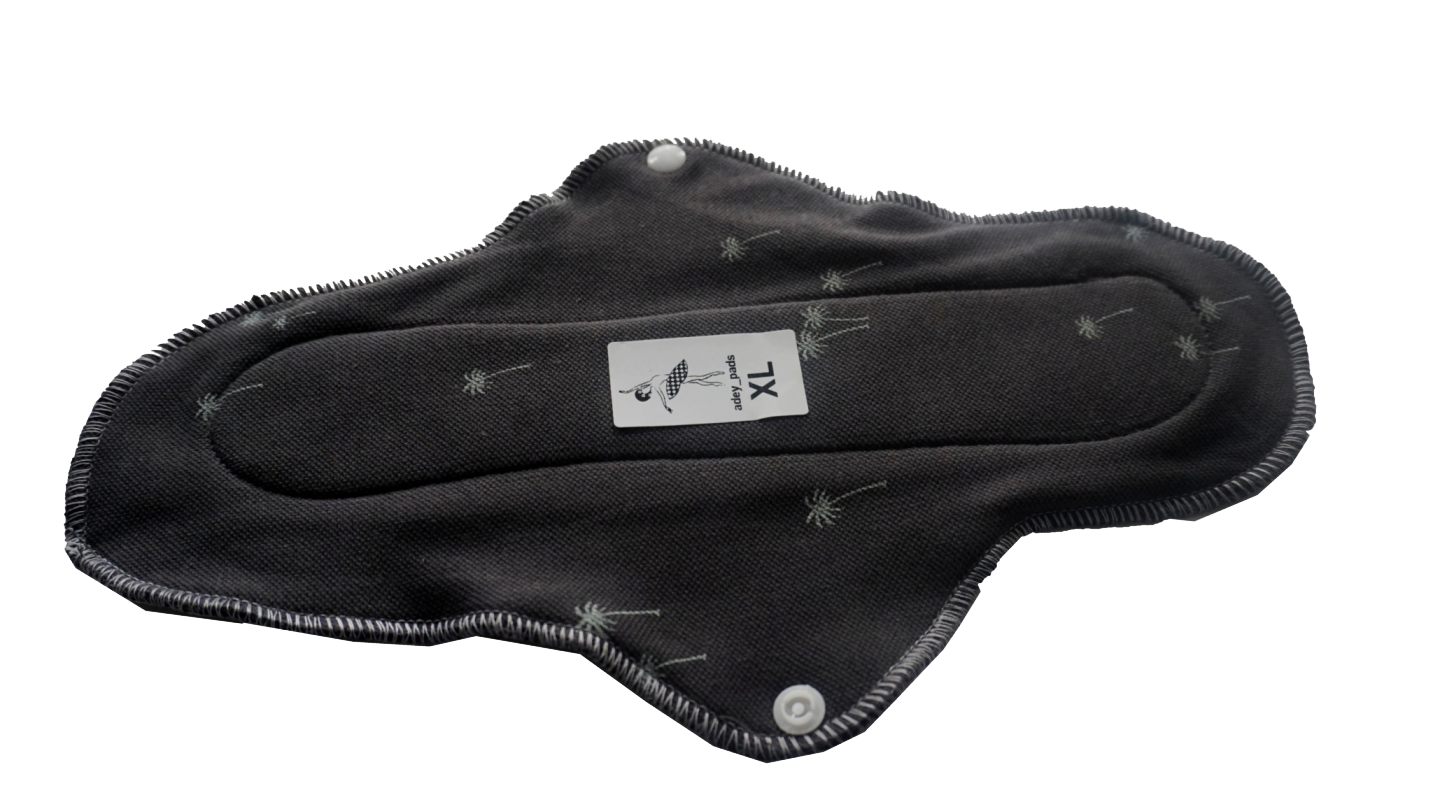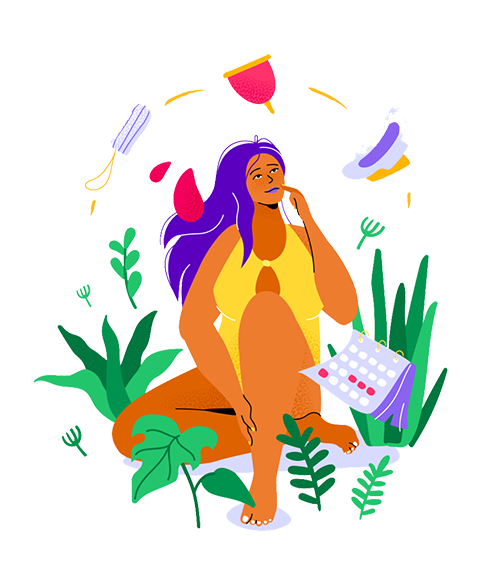HOME > ABOUT US

Adey reusable sanitary pad established in 2019 by Mikal Mamo whose mission is to produce affordable high-quality products to alleviate period poverty both in the urban and rural areas of Ethiopia for women and girls, and support the local economy throughout the entire production and sales process. The reusable pads are 100% cotton, wing shaped menstrual pad super absorbent, leak proof, allergy free, eco pad, hundred times washable, reusable mods that last an average of 18 months to 3 years and light weighted reusable sanitary pads.
Adey Reusable Pads sewing center located at a vibrant and warm city of legetafo, (eight minutes’ drive from Addis Ababa, capital city of Ethiopia) and have 100 skilled woman employees where employees speak Amharic, Oromiffa and English. the Company has taken major steps to strengthen its key business with significant potential for profitability, growth, accessibility. Adey reusable sanitary pad also intends to set up a new manufacturing plant at its existing compound to expand and improve its impact.
Aday reusable sanitary pad is prepared in small, medium and large sizes based on the age of the female users. Mothers who have given birth, older women and day laborers prefer larger models. And those in the teenage years are small and medium. 13 types of input are used to make a mod. It has 8 internal fillers and two wings at the top and bottom. The top is tied with a key and thread.
The vision of Adey reusable pad is to create social impact, rather than personal gain or profits. The mission of Adey is to produce affordable high-quality products which improves the living standards of Ethiopian women and girls, and support the local economy throughout the entire production and sales process. With this objective the company has an extensive program on social problems (such as education, equality, health, technology access), sell our reusable sanitary pads on the retail market in local shops, for the lowest possible price.
Our main objective is to spread far and wide the need for menstrual literacy and knowledge in our country and culture, and support every and women in their fight against menstrual poverty and removing communal misconceptions about menstruation and sanitary pads.
Expanding the capacity of production to reach many women in need.
We strive in spreading awareness in relation to female hygiene and menstrual cycle.
Creating opportunities fro women by offering trainings and jobs that would empower our community
Improve girls MHM related school attendance and academic performance from 45%- 75%
Most women of reproductive age use sanitary pads during their menstrual periods for an average of 1,800 days in their lifetime. About 52 per cent of the female global population is of reproductive age and every day an estimated 300 million women; including school girls, experience menstrual flow. similarly, the diaper is a hygiene product that is in direct contact with the external genitalia of infants and toddlers for several months to years.
An estimated 24.1 million girls and women of reproductive age (15 -50 years)1 in Ethiopia are in need menstrual hygiene productive; 45% of WRA report use of commercial products and only 28% report having everything they need to manage their menstruation. Adolescent girls are more likely to report use of sanitary pads, with 49% of rural and 86% of urban adolescents reporting the use sanitary pads.
Of the total population in Ethiopia, half (50.2%) are women and Menstrual hygiene products are needed by an estimated 24.1 million Ethiopian girls and women of reproductive age (15-50 years). A number of critical components including access to knowledge, access to products, access to water, sanitation, and hygiene (WASH) services, and improved social norms are required for menstrual hygiene management (MHM) interventions taking in to consideration its complexities.
In Ethiopia, as is the case with many Africa countries, close to 75 per cent of women and girls have no access to menstrual supplies necessary to manage their periods. About 1 in 10 girls in sub-Saharan Africa misses’ school during their menstrual cycle, according to UNESCO, the United Nations Educational, Scientific and Cultural Organization.
These challenges mean that a significant proportion (between 11 – 46 per cent in pilot areas) of girls miss school due to menstruation. Over the course of a year, the number of school days lost has a large impact and may hold them back academically.
Health issues, caused by careless use of diapers and pads, such as respiratory tract infections (RTIs), urinary tract infections (UTIs), infertility, and chronic rash. The use of these products also results in environmental degradation due to the improper disposal and handling as well as the non-decomposable nature of the products. They are also known to release dangerous chemicals such as phthalates and volatile organic chemicals (VOCs). Hence, reusable diapers and pads are the best options amongst feasible alternatives, since they have no harmful chemical or plastic materials.

MON – FRI : 8.30 – 17.00
SAT : 8.30 – 12.30
Adey Pad envisions an Ethiopia where every young girl and woman can have easy access to sanitary pads and knowledge awareness related to its use.
Copyright 2023 © Adey Pads. Powered by Origami